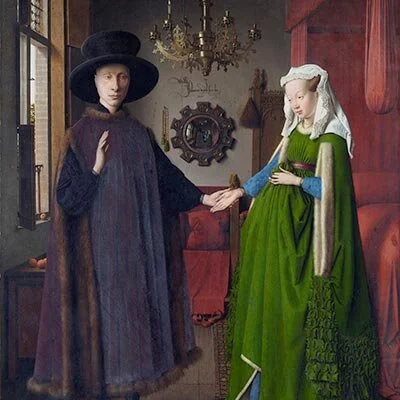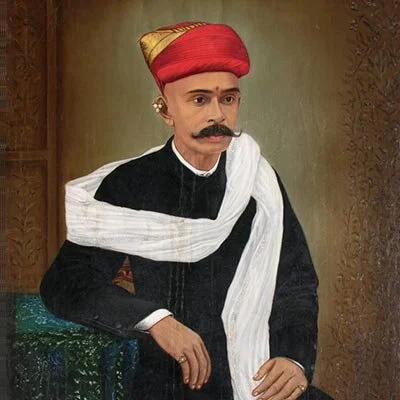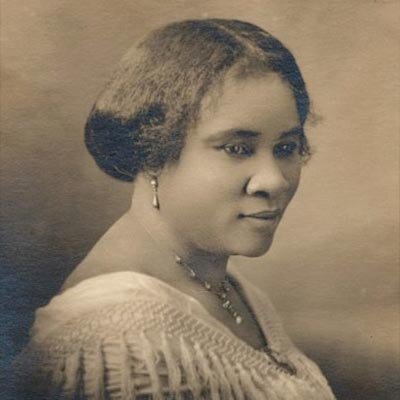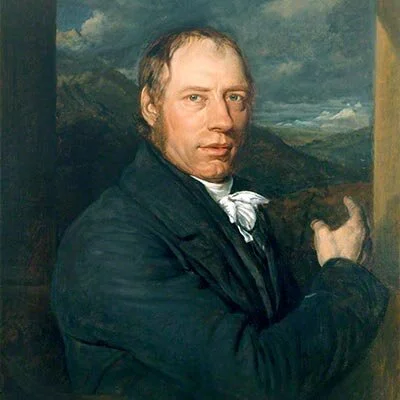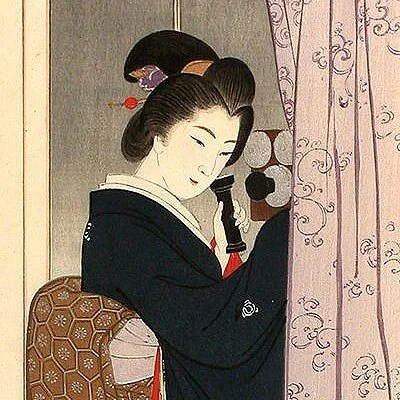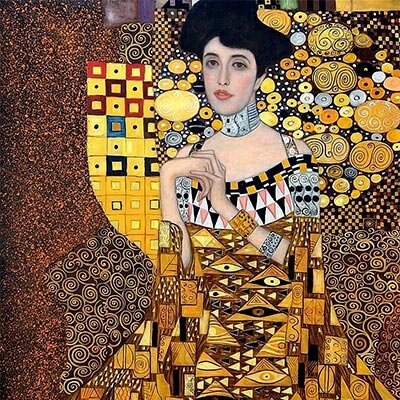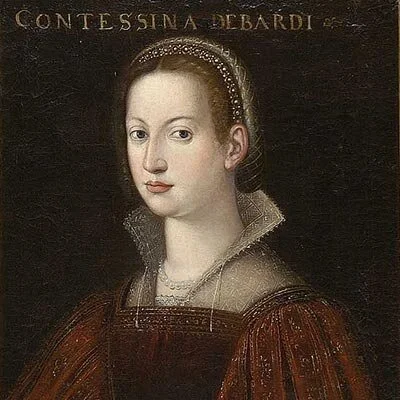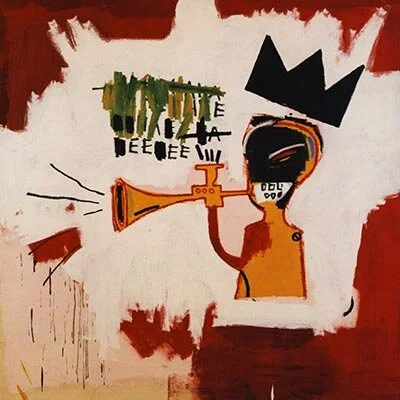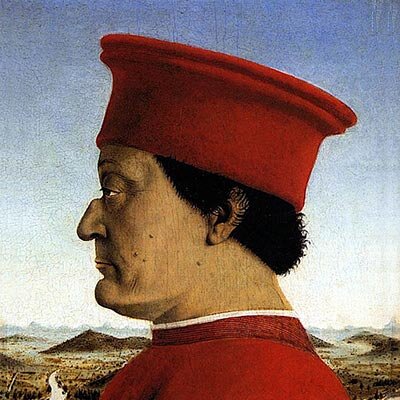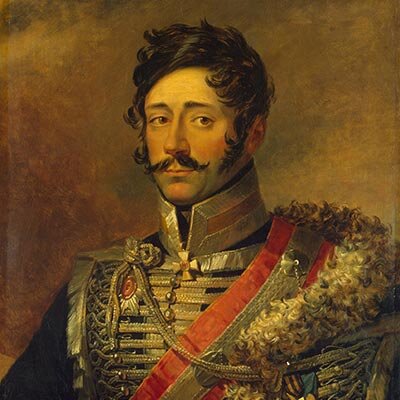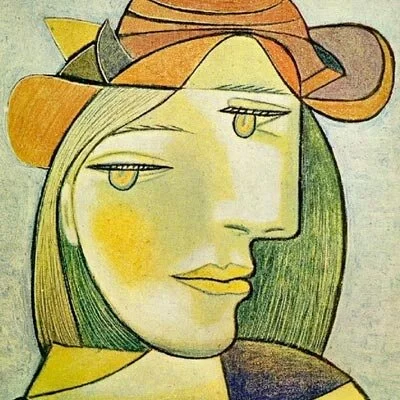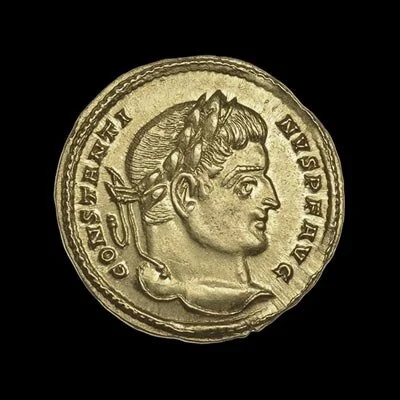DETAILS OF ARTWORKS
THE ARNOLFINI MARRIAGE
Painting by Jan van Eyck (1434)
Giovanni Arnolfini was a Tuscan merchant who spent most of his life in Bruges, Flanders. This painting is not only remarkable because of its quality, but also because it was the first painting of everyday life in modern history — i.e. genre painting — and because it was commissioned by a merchant rather than a nobleman.
SHETH VRAJBHUKHANDAS
Painting by Hansaji Raghunatha (1869)
Sheth Vrajbhukhandas was a merchant from Surat who grew his business to many of India’s biggest cities. He was raised in a family of philanthropists and considered this a key part of his business’s success.
SARAH BREEDLOVE A.K.A. MADAM CJ WALKER
Madam CJ Walker (née Sarah Breedlove) was America’s first black millionairess. Born in 1867, she was the first in her family to be born into freedom. She built a very successful business specifically targeting black women’s haircare needs, and was a committed political activist and philanthropist.
RICHARD TREVITHICK
Painting by John Linnel (1816)
Richard Trevithick was a British engineer. He built the first railway steam locomotive, which not only facilitated transport, but also demonstrated the enormous leverage steam engines could exert onto human labour in order to boost productivity (and thus wealth creation) by several orders of magnitude.
“MODERN” JAPANESE GIRL (MEIJI ERA)
Woodblock print by Shodo Yukawa (1903)
The Meiji Era was a period of intense modernization and wealth creation in Japan, as the country opened up trade with the outside world. This print is part of a popular series showing the juxtaposition of ancient manners and modern technology in Kyoto and Osaka.
ANDY WARHOL
Self-portrait (1966)
Andy Warhol was a leading artist in the pop art movement, known for using 20th century commercial iconography, like Campbell soup cans, Coca-Cola bottles, Heinz ketchup bottles, etc.
PORTRAIT OF ADELE BLOCH-BAUER
Painting by Gustav Klimt (1907)
This painting is famous, both for its artist, who was the most prominent in the Vienna Secession movement, and for its own history—having been confiscated by the Nazis in the 1930s and having been restituted after a seven-year trial to its legal owner’s descendant (Ferdinand Bloch-Bauer’s niece) in the early 2000s. The painting is now on display at the Neue Gallery, here in New York.
CONTESSINA DE’ BARDI
Painted posthumously by Cristofano dell’Altissimo
Contessina de’ Bardi was the wife of Cosimo de Medici. She survived her husband by a decade, during which—together with her daughter in law Lucrezia Tornabuoni—she exerted the greatest influence on her grandson Lorenzo the Magnificent, and instilled in him the cultural values that underpinned one of the most impressive banking families in history.
TRUMPET
Painting by Jean-Michel Basquiat (1984)
Jean-Michel Basquiat was an American neo-expressionist artist who opened up his work to include graffiti and hip hop culture, breaking many boundaries and preconceptions.
FEDERICO DA MONTEFELTRO
Painting by Piero della Francesca (ca. 1472)
Federico da Montefeltro is considered by many academics to be the archetypal Renaissance Man. Life at his palace was the inspiration for Baldassare Castiglione’s “Il Cortegiano”, the first guide to gentleman-like etiquette. Federico was a condottiere as well as a humanist intellectual, and patron to some of the Renaissance’s most iconic artists such as Raphaël and Piero della Francesca.
ALEXEY MELISSENOS
Painting by George Dawe (est. 1811)
The Melissenos were a family that flourished during the early centuries of the Byzantine Empire, and managed to retain prominence all the way to the 19th century. The only child of Pyotr Melissenos, Alexey died in the Franco-Russian war before he was able to father any children of his own, thus ending this illustrious millenarian dynasty.
PORTRAIT OF A WOMAN
Painting by Pablo Picasso (1938)
Picasso almost needs no introduction as a ground-breaking artist, printmaker and sculptor. However, one of the things few people have discussed is his determination never to stop questioning, learning, experimenting and evolving, discovering new ideas and entirely new aesthetics long after the period he was most famous for.
CONSTANTINE
Constantine was one of the first Roman emperors to aim to redress the devaluation of money by forsaking easy fiat currency and returning to hard money i.e. gold.

